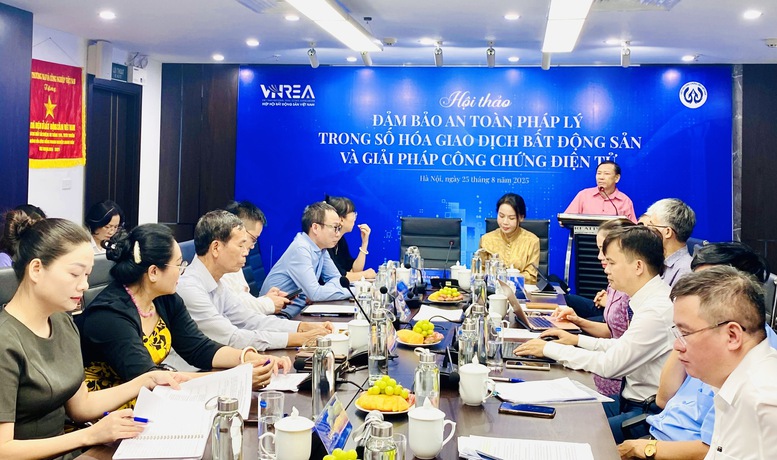
Conference scene. Photo: VGP/Dieu Anh
Chairman of the Vietnam Real Estate Association Nguyen Van Khoi said that the workshop is an opportunity for representatives of state agencies, organizations and businesses to discuss related specialized content.
Accordingly, real estate is a special type of asset, of great value and directly related to property ownership and land use rights, so transparency, safety and reliability of transactions are mandatory factors. Meanwhile, the digital environment is fraught with many legal risks: Identity fraud, unauthenticated electronic contracts, false property information, disputes that are difficult to prove, etc.
This reality raises the requirement to ensure legal safety in digital real estate transactions, along with administrative procedure reform, to both create convenience and increase trust and peace of mind for people and businesses when switching from traditional to digital transaction methods.
From July 1, 2025, the Notary Law 2024 (amended) and Decree 104/2025/ND-CP guiding the implementation of the Law officially take effect, allowing direct and online electronic notarization. Electronic notarization is considered one of the important solutions in ensuring legal safety for real estate transactions in the digital environment.
To effectively implement electronic notarization for special transactions such as real estate, there are still many challenges to face, from information authentication, data connectivity, security to ensuring the rights and legitimate interests of the parties involved in the transaction. This requires the synchronous completion of relevant legal regulations, appropriate technological solutions, an interconnected and integrated data system, an inter-sectoral coordination mechanism, and the capacity of the notary team.
Many policies and strategies to develop a healthy real estate market
At the workshop, Ms. Pham Thuy Hanh, Deputy Director of the Department of Law, Government Office , said that in recent times, the Party and State have had many policies and guidelines to develop a safe, healthy and sustainable real estate market; improve the effectiveness and efficiency in managing real estate business activities, facilitate people and businesses to conduct real estate transactions, ensure publicity and transparency, reduce intermediary costs, and apply technology for digital transformation in the real estate sector.
The Laws and Decrees issued in the real estate sector include the Law on Electronic Transactions 2023, which stipulates a general legal framework for electronic transactions in all fields; the Land Law 2024, which allows updating of transfer and ownership information online; the Notary Law 2024, which allows direct electronic notarization and online electronic notarization;
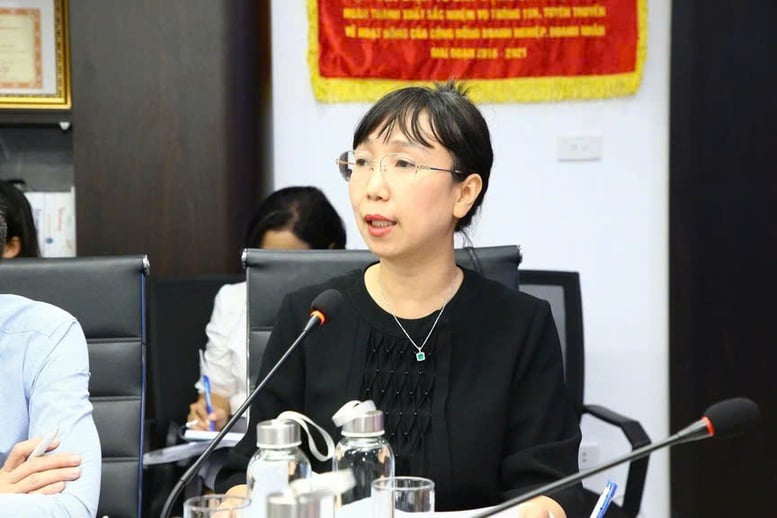
Ms. Pham Thuy Hanh, Deputy Director of the Department of Law, Government Office
Decree No. 45/2020/ND-CP regulating the implementation of administrative procedures in the electronic environment has allowed the issuance of electronic copies of application forms and declarations for administrative procedures in electronic form; the issuance of electronic copies from the original book; the certification of electronic copies from the original and the digitization of administrative procedure settlement results... Thus, it can be seen that the legal basis is gradually being completed.
However, in practice, there are still many shortcomings in the process of law enforcement and real estate market development such as the real estate transaction process is still cumbersome and unscientific ; transaction value does not reflect the true nature of the transaction, there is a situation of tax evasion, speculation, and price inflation. The phenomenon of "price manipulation", "price chaos", the situation of speculators and brokers "inflating prices", staging virtual transactions causing real estate prices to be artificially pushed up compared to the real value...
Therefore, Ms. Hanh hopes that many solutions will be proposed so that real estate processes in the future will be simplified, so that people can easily access them and businesses can save time and reduce costs.
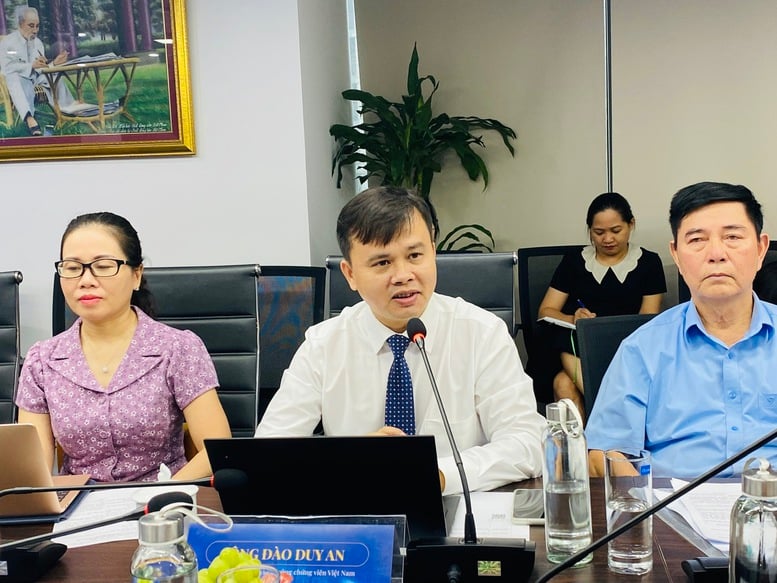
Mr. Dao Duy An, General Secretary of the Vietnam Notary Association, shared at the Workshop. Photo: VGP/Dieu Anh
Notarization - ensuring legal safety for real estate transactions
Sharing at the workshop, Mr. Dao Duy An, General Secretary of the Vietnam Notary Association, expressed his opinion that if real estate trading floors are the "cradle" and "bridge" for the development of the real estate market, then notary activities are like "gatekeepers" to help the real estate market be safe, transactions take place smoothly, and thereby also contribute to promoting sustainable economic development.
In the context of strong digital transformation in real estate transaction processes as it is today, notarization, especially electronic notarization, is becoming increasingly necessary to ensure legal safety for real estate transactions...
According to Mr. Dao Duy An, in the process of digital transformation of real estate transaction processes, trading floors also need accurate and timely real estate information, so within the scope of the law, real estate trading floors can access information related to official real estate transactions to support information to connect real estate transactions more effectively. Data from electronic notarization connected to the common data system is also one of the very important sources of information in the operations of real estate trading floors...
In addition, notarization must ensure the legal safety of the transaction. Real estate transactions, in addition to large asset values, often include complex agreements that require high legal expertise. Notaries draft transactions in accordance with the provisions of a system of legal documents from the Civil Code, Land Law, Housing Law, Real Estate Business Law, Marriage and Family Law, Notary Law, etc. and many other guiding documents.
Furthermore, the notary needs to check the legality before notarization, including: Personal information, ensuring correct and complete identification of the owner, identifying any blocking information related to the property owner.
In addition, the notary also verifies the civil capacity of the parties participating in the transaction, ensuring that the parties have full civil capacity, legal representative authority, that the foreigner is qualified to participate in the transaction, and that the parties are aware of and understand the transaction.
At the same time, the notary determines the information about the property, the correct property, the property eligible to participate in the transaction, information about transactions related to the property, whether the transactions have any restrictions on the property, and any information about the property that is blocked.
In general, the development and implementation of real estate transaction processes in the electronic environment is necessary; integrating electronic notarization is a feasible, safe and convenient solution, in line with the digital transformation policy of the Party and State; meeting the requirements of modern society.
The workshop focused on discussing four major topics: The Party and State's orientation and policies in simplifying procedures and modernizing real estate transaction processes; the key role of notarization, especially electronic notarization, as a mechanism to ensure legal safety in digital real estate transactions; the legal status and technological solutions to deploy electronic notarization; the requirement to strengthen coordination between the real estate and notarization sectors to ensure transparency and sustainability.
Dieu Anh
Source: https://baochinhphu.vn/an-toan-phap-ly-trong-so-hoa-giao-dich-bat-dong-san-va-cong-chung-dien-tu-102250825165952514.htm







![[Photo] General Secretary To Lam attends the 80th anniversary of Vietnam's diplomacy](https://vstatic.vietnam.vn/vietnam/resource/IMAGE/2025/8/25/3dc715efdbf74937b6fe8072bac5cb30)



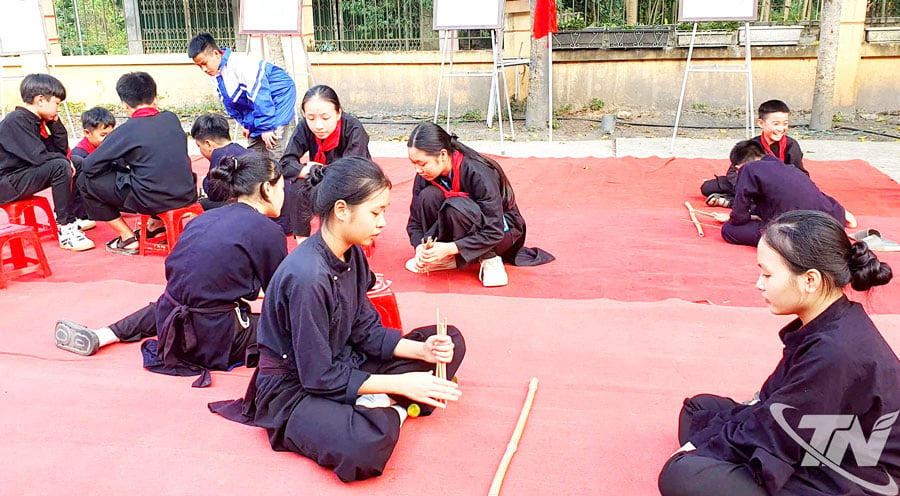

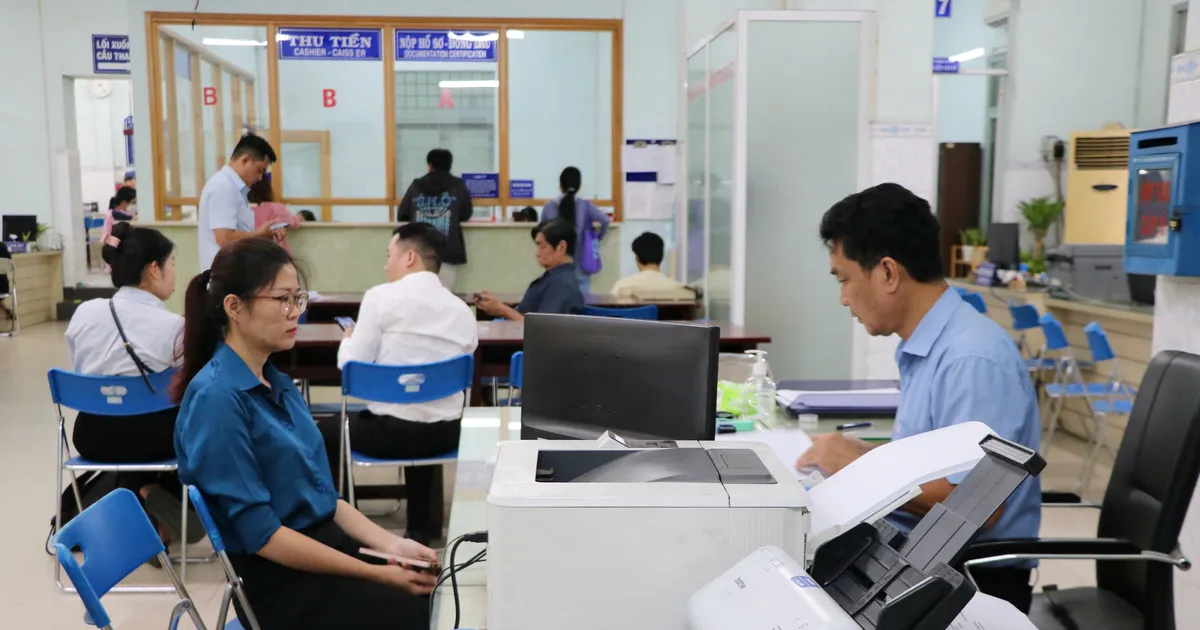

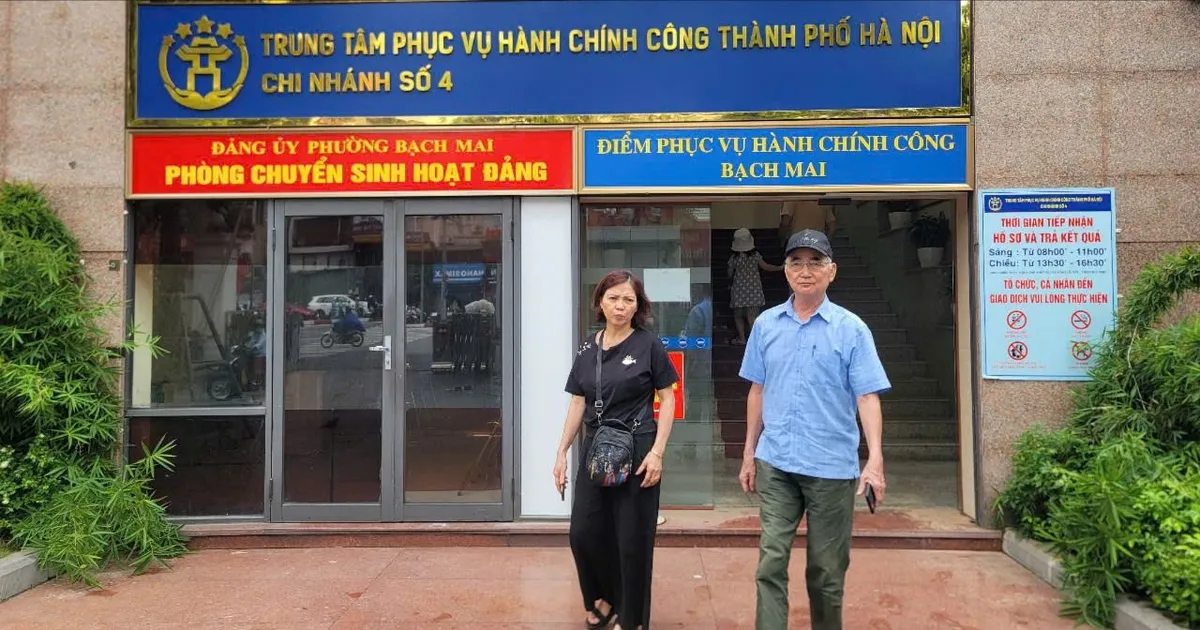


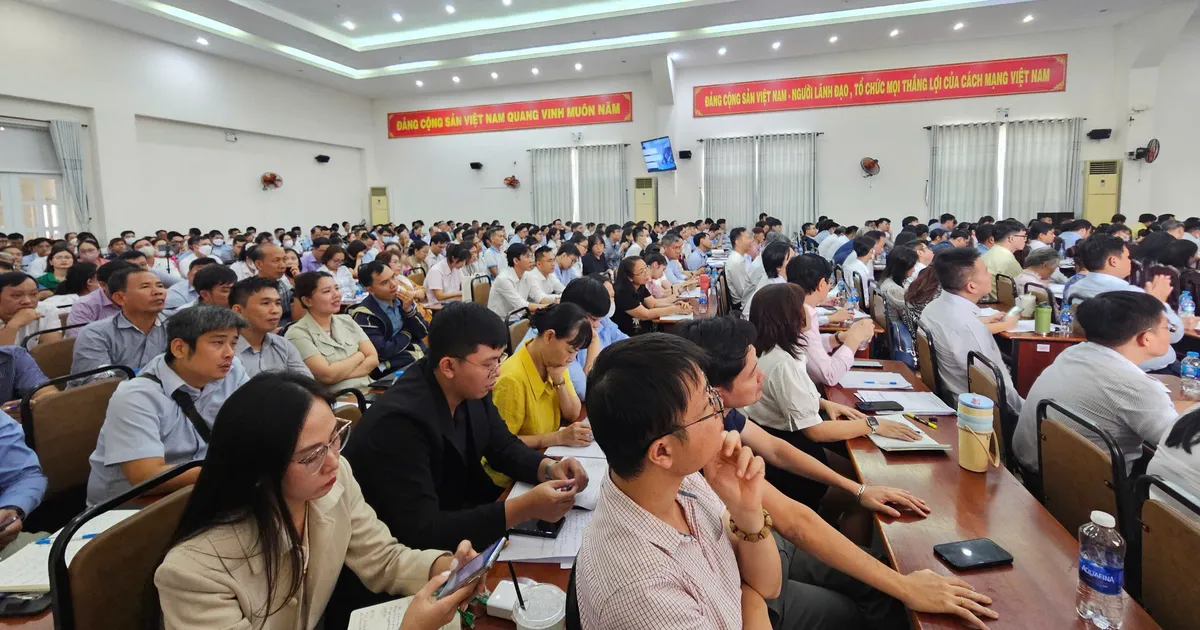
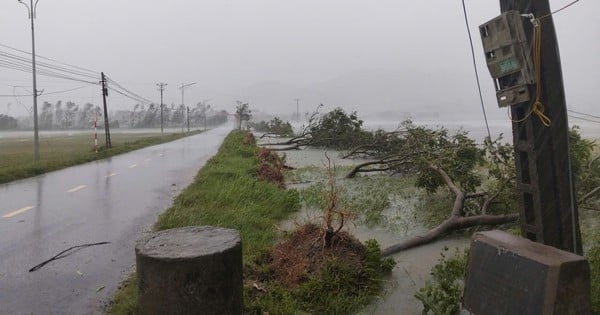











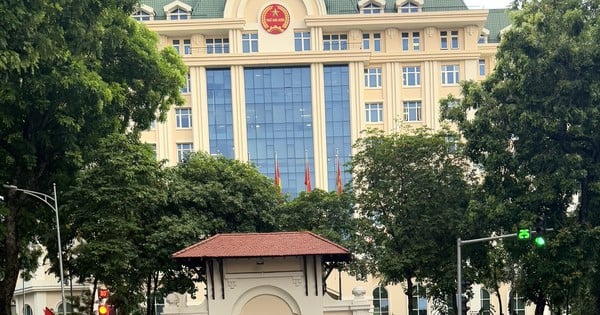

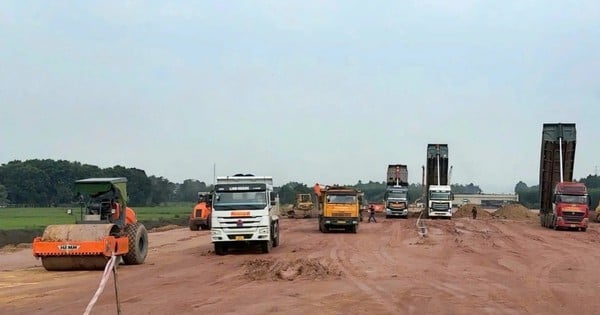
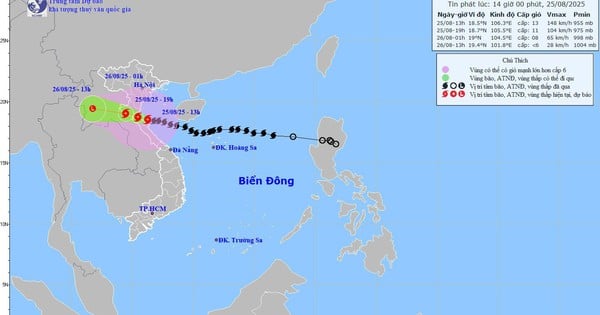

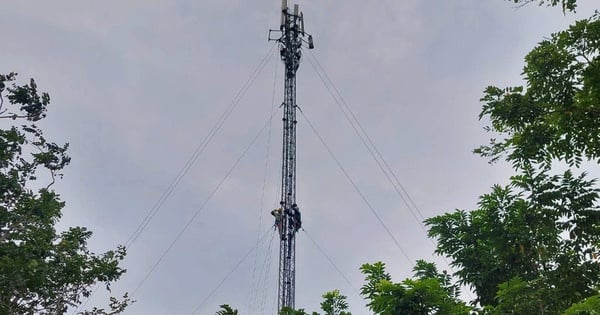
















































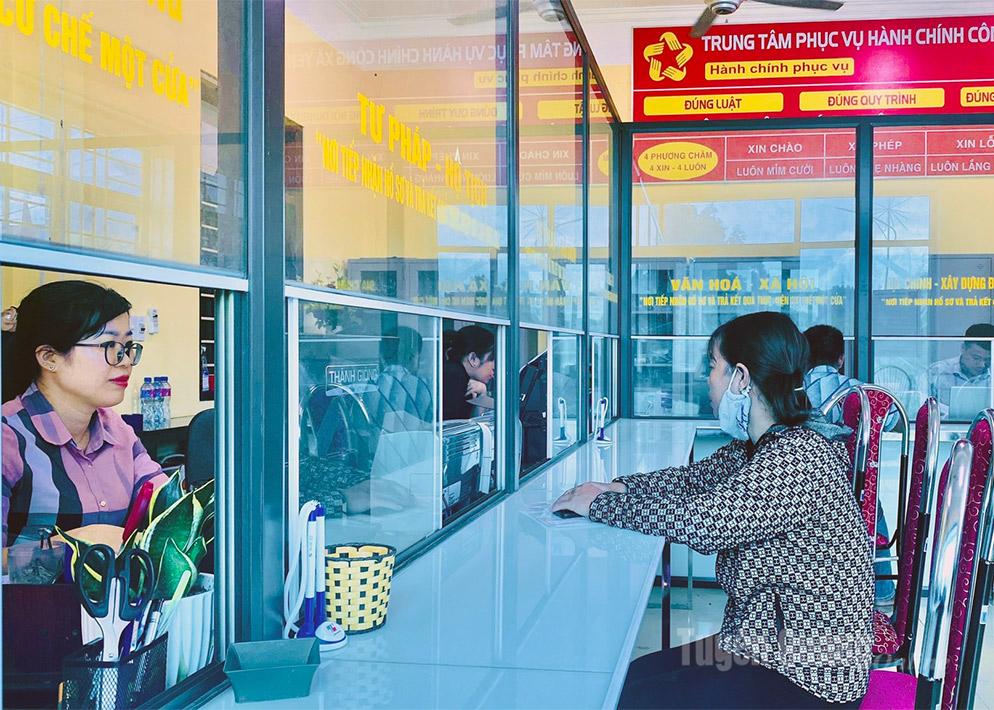

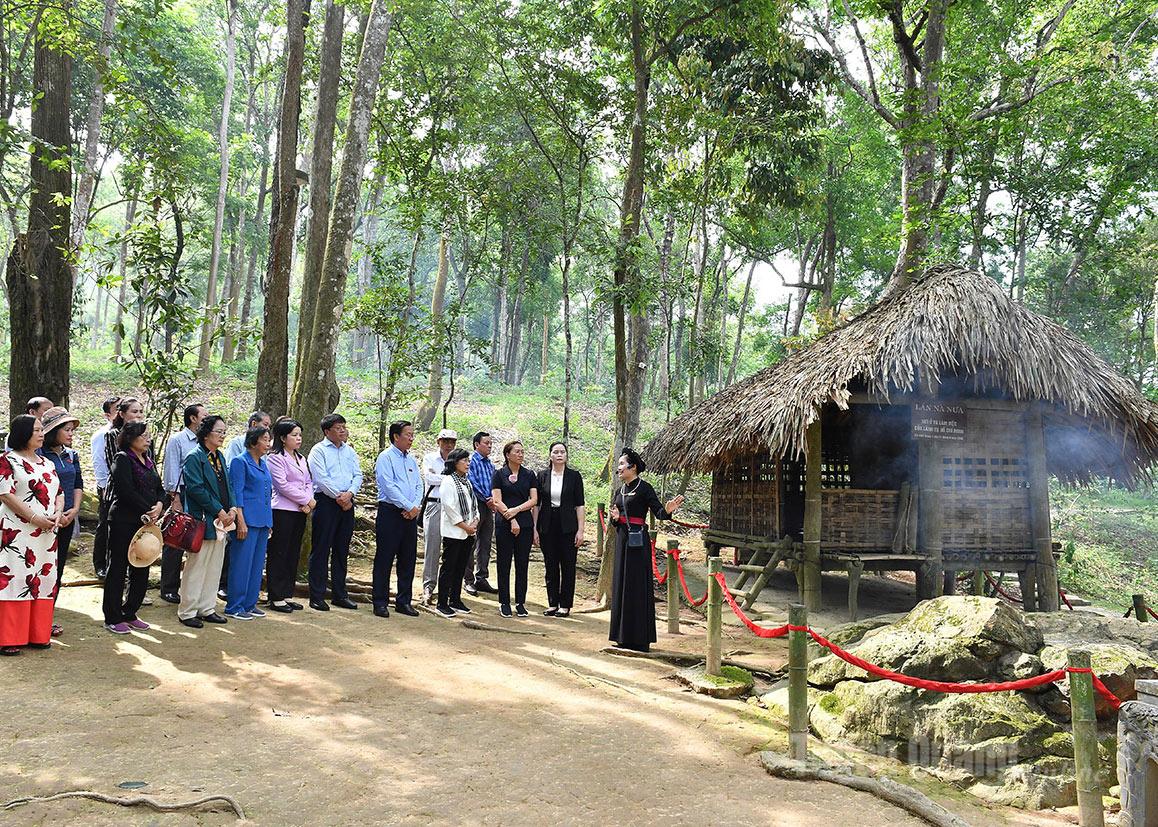
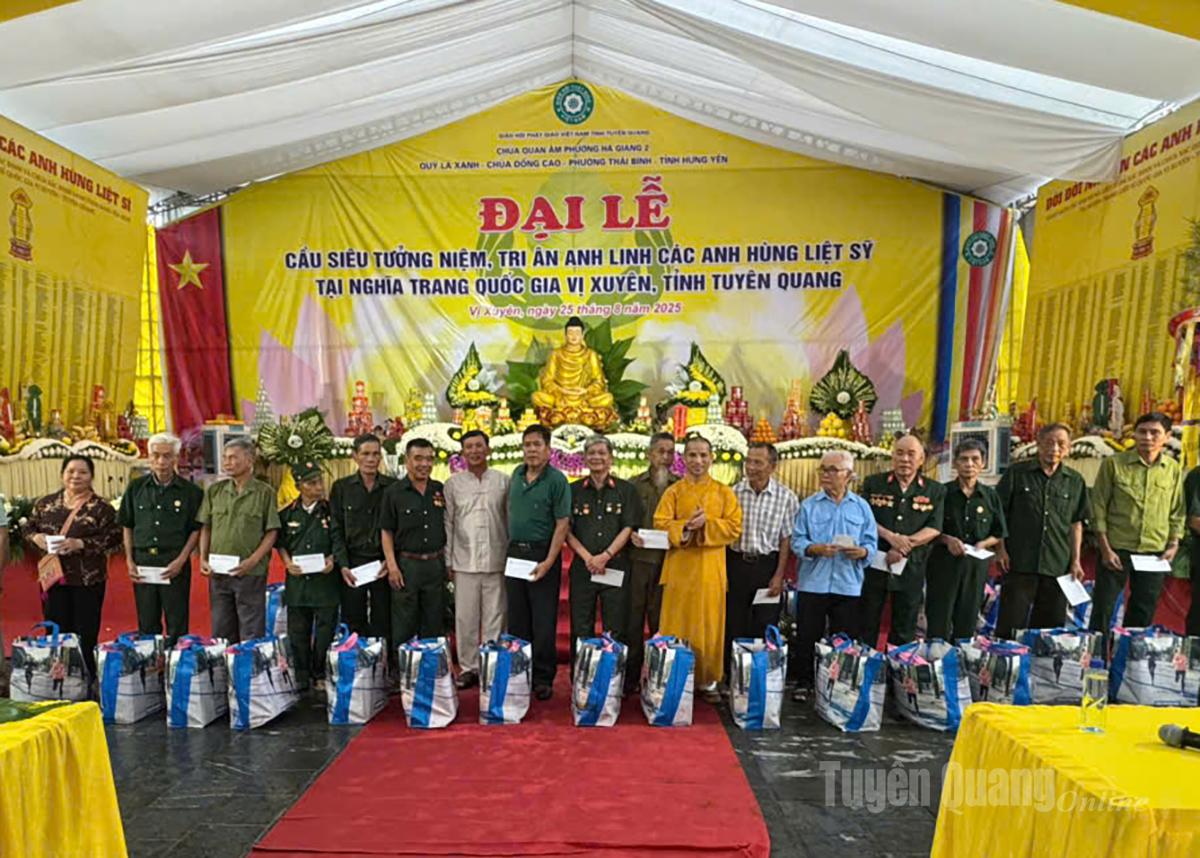


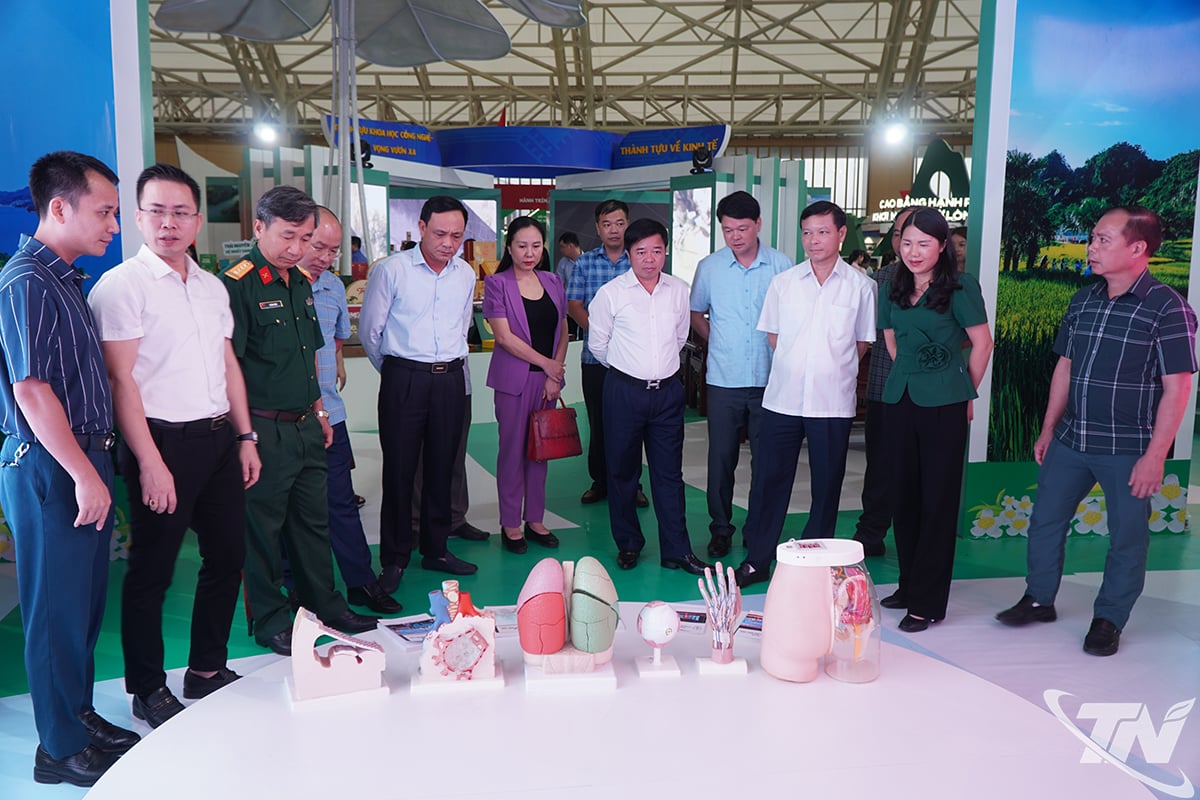

















Comment (0)